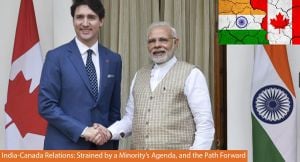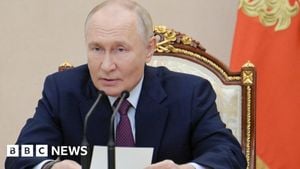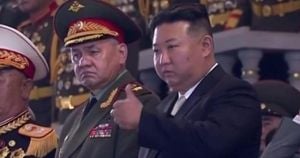Following the tragic rape and murder of a trainee doctor at the RG Kar Medical College and Hospital, the healthcare community and the West Bengal government have been engaged in heated exchanges. The incident, which occurred on August 9, shocked the nation and ignited widespread protests from junior doctors demanding justice and improved safety measures within medical institutions.
The situation escalated when West Bengal's Agriculture Minister, Sovandeb Chattopadhyay, during a post-Durga Puja gathering, questioned the financial sources behind the protests led by junior doctors. His remarks, which included asking why the doctors were agitating and what funds sustained their protests for over two months, sparked controversy and discontent among medical practitioners.
Chattopadhyay, speaking at his constituency Khardaha, was quoted saying, "May I ask them, why are you agitating? For what reason are you agitating? Why is all the anger directed at the government?" This statement was perceived as dismissive by many, particularly as junior doctors had long voiced their grievances about working conditions and safety issues.
Senior doctor Subarna Goswami responded to Chattopadhyay's comments, highlighting them as indicative of the ruling establishment's unease. She opined, "The outburst shows the discomfiture of the establishment as healthcare concerns are acknowledged and raised by junior doctors." Another key voice, Swarnabha Ghosh from the West Bengal Junior Doctors’ Front, accentuated their continuous fight for justice on behalf of their slain colleague and against what they term as the "threat culture" prevalent within state-run medical colleges.
Protest supporters claim the government should prioritize addressing systemic problems rather than questioning the motives behind the demonstrations. They argue the protests encapsulate broader frustrations over the healthcare system's integrity, where intimidation and corruption have pervaded, stifling the voices of healthcare workers.
Earlier, various leaders from the Trinamool Congress (TMC), including MP Kalyan Bandyopadhyay, had implied the protests had political undertones, thereby trivializing the genuine concerns raised by the junior doctors.
To add fuel to the fire, the parents of the murdered doctor expressed their discontent over not having the chance to meet with Union Home Minister Amit Shah during his recent visit, which they had hoped would include discussions about justice for their daughter.
The mother highlighted, "We understand the responsibilities he carries, but we also hope for our voices to be heard." Despite feeling sidelined, they remain hopeful for future meetings to address their grievances. They also critiqued the newly formed Junior Doctors Association, questioning its legitimacy and intentions compared to their existing platform which has been actively protesting.
This tragic incident and the subsequent political turmoil continue to fuel debates around safety within the healthcare framework. Advocates for the junior doctors maintain their resolve, intensifying their calls for accountability and safety reforms within medical institutions. Their emotional pleas are not only for their colleague but for the future of all medical professionals who work tirelessly under strenuous conditions.
With protests hitting the streets, discussions around policy reviews and governmental accountability are at the forefront. Junior doctors aim to cleanse what they see as deeply ingrained corruption and fear from their working environment, pushing for reforms to enable safer and more supportive workplaces.
The protests have not only drawn attention to the specific incident but have also sparked debates on the overall handling of safety within medical institutions, encouraging many to reflect on the systemic changes needed to protect healthcare workers. The call for justice remains steadfast, as the medical community rallies together, refusing to be silenced.



